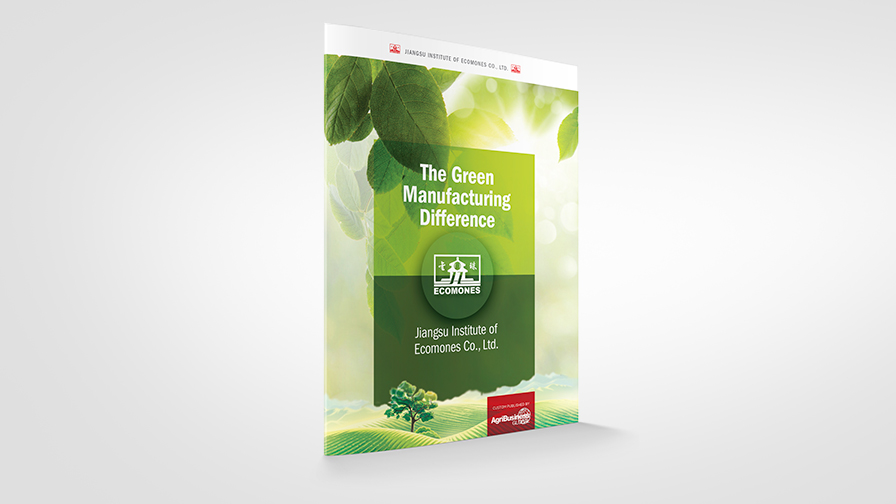Agricultural Field Trials Remain Essential
Even though many countries are battling a second wave of COVID-19 infections and returning to stricter lockdown conditions, field trials must go on. This is the second part of an article discussing the importance of field trials and independent research for the agriculture industry. In our first article, we focused on the work universities are doing. Now, we turn to research groups, and learn about the trials and tribulations that has affected them over the course of the past year and how they view their all-important job during these unprecedented times.
Research Institutions
We spoke with Dr. Frank Sances, National Director of Research for Ag Metrics Group, Inc. and Roger Batts, Field Research Director at the NCSU IR-4 Field Research Center and Principle Weed Science Biologist for the IR-4 Project on why field trials and independent research must remain a core focus for the agribusiness industry, as well as the insights they have gained from the unusual nature of 2020.
“Each field study targets a question regarding a product, a potential market, effectiveness, environmental issues, or safety in use,” Sances says.. “We have been doing this work since 1980 and have come to understand how essential, accurate, and timely data are to manufacturers of crop protection and other farm products. The adage that ‘decisions make themselves when enough is known’ is clearly the case with agricultural product development and stewardship, and in this respect, the field trial is key to management’s decision-making process.”
Batts echoes this sentiment.
“I consider conducting field trials that help identify safe and effective pest control products in specialty crops to be paramount,” he says. “With increasing scrutiny on existing products, these efforts are essential in providing specialty crop producers with viable options in situations where current products may be lost or restricted.”
With that being said, Sances notes that protecting staff has also been a key concern, with some employees having to work remotely and others being provided with a separate office onsite during the peak lockdown periods.
“The COVID-19 pandemic was most disruptive during manufacturers’ spring 2020 trial placement period,” he says. “Many universities and USDA field stations had shut down at this time, sent the scientific staff home to work remotely, and stopped accepting new projects at their labs. At the same time, many CROs laid off or furloughed employees in anticipation of a downturn in the research business.
“By contrast, since we started early with our policies and crisis management activities, we had pre-purchased planting supplies, prepared land early for planting, firmed up off-site projects with cooperators, and rotated lab employees to night shifts or separate rooms to continue their work. We also had notified clients of our intent to continue business as usual and offered help with their difficult to place experiments,” he adds.
For Batts, the pandemic has not had a significant impact on his field trials.
“Details for each of my field trials were submitted to our university administration and went through thorough vetting. All my trials were approved, though some early-season trials had to be rescheduled when approval came too late to conduct them. The importance of additional crop protectant registrations in specialty crops, the somewhat isolated way these trials are conducted, and registration delays resulting from lost trials could have long term consequences for the growers,” says Batts.
According to Sances, another consideration resulting from the pandemic has been an issue with labor availability.
“Field labor was in short supply in many farming districts in 2020, but we are fortunate in that we provide housing on our key field stations to both biologists and farm techs,” he says. “Every year we actively move these individuals around the country where they are most needed. By March 1, 2020, we had all needed field labor and onsite agronomic staff to proceed with planting Florida and California research programs. This worked well as our Midwest stations did not need labor as early in the season and initiated their planting and research protocols much later.”
Batts does admit that his IR-4 Project had some setbacks on a national level due to COVID-19.
“There were some difficulties in initiating trials in a timely manner, depending on the approval process for field research at certain institutions. There were also problems with test substance delivery and receipt, depending on COVID-driven policies at some registrants and some research facilities. Both these scenarios resulted in some trials being delayed until this year [2021],” he says.
For Sances, Ag Metrics Group is in a good position for 2021 and beyond.
“It is a very personal, mental state, and not business acumen per se that got us here. Ag chem managers depend on timely science (results) to make important business decisions. Our job as their field research agent is to make sure protocols are completed with high precision and report results promptly,” he concludes.
Like our counterparts throughout the industry, Belchim USA supports all partners who help with field trials from universities to private organizations. It’s important that agronomists, growers, and frankly, the entire agriculture ecosystem are armed with the latest knowledge and most cutting-edge advancements in order to keep our industry strong and profitable for all. As Michael Jordan once said, “talent wins games, but teamwork and intelligence win championships.”





